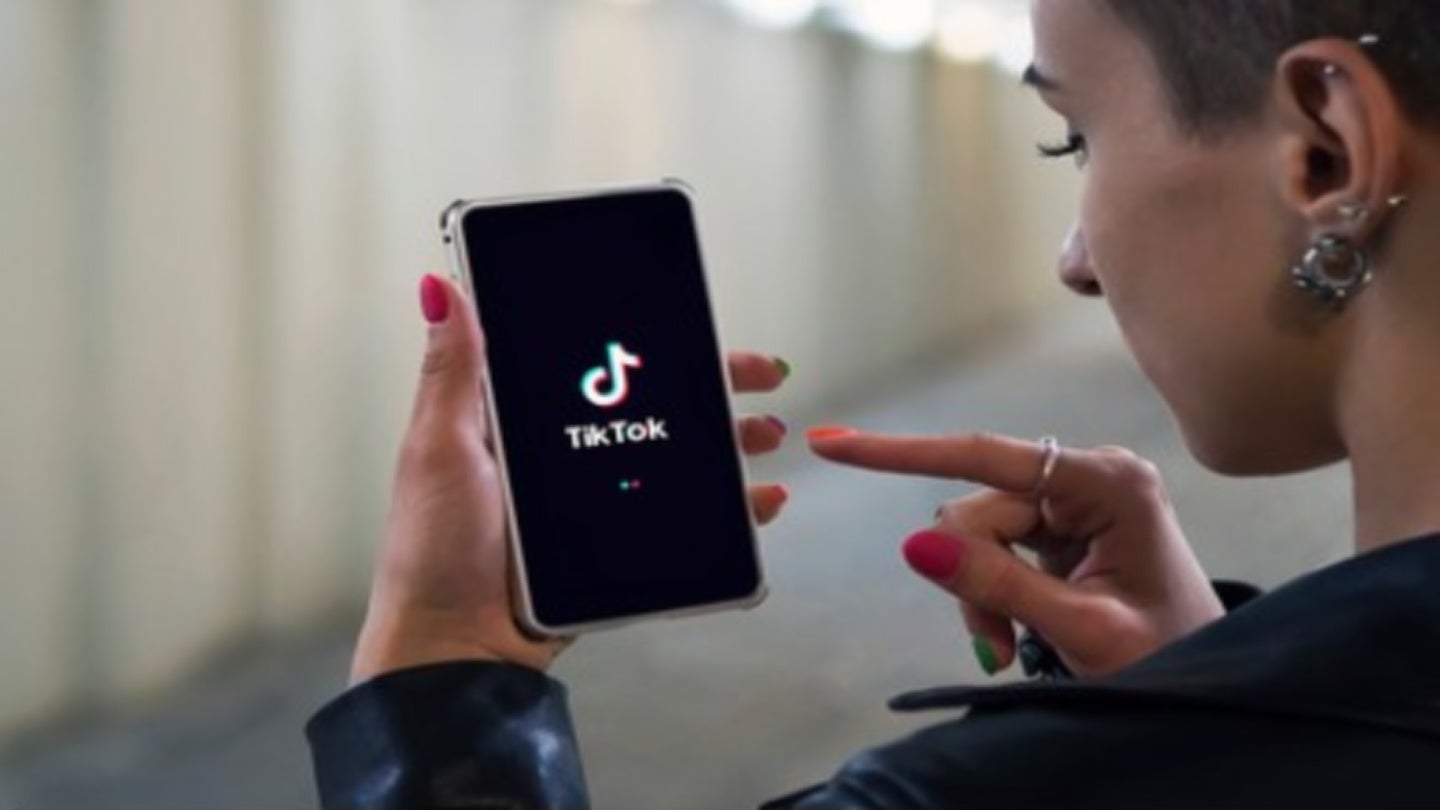
TikTok has managed to escape scrutiny from EU regulators so far, but that could soon change. The Chinese-owned group, whose reputation on data privacy and data security issues has been repeatedly tarnished, will need to comply with Brussels’s new stringent rules curbing the power of online platforms. Gaining the trust of regulators will not be an easy task for the app, however, which has been busy countering concerns over whether its users’ personal data can be accessed by the Chinese authorities.
After launching in 2017, TikTok has disrupted the social media industry. It has enjoyed spectacular growth in its user base and has emerged as the dedicated platform for younger users. At a time when social media platforms have been hit by a global downturn in online spending, TikTok is estimated to have made over $10 billion in revenue in 2022. Nonetheless, the social media app has drawn the attention of regulators over security concerns.
TikTok is finding itself in Brussels’s crosshairs
The social media app is currently under investigation for sending data on EU users to China, with two probes being led by Ireland’s data regulator on behalf of other EU states. Last week, the social media platform was fined EUR5 million ($5.43 million) by the French data protection authority for data privacy violations on its website. The regulator explained in a statement that “TikTok.com users could not refuse cookies as easily as accept them and they were not informed in a sufficiently precise way about the purposes of the different cookies”.
Faced with this increased scrutiny, TikTok needs to reassure EU regulators that the app will respect the bloc’s increasingly stringent tech rules and commitments to privacy and child safety. Last week, TikTok Chief Executive Shou Zi Chew flew to Brussels to meet with EU officials and regulators and discuss the video-sharing platform’s preparedness to comply with incoming EU rules, namely the Digital Services Act (DSA), and its approach to existing legislation on data protection and privacy, including the General Data Protection Regulation (GDPR).
More regulatory scrutiny is expected this year and TikTok could face oversight by the European Commission if it is deemed to be a ‘gatekeeper’ under the new Digital Markets Act.
The Biden Administration has yet to reign in the platform
In the US, TikTok has been trying to escape being banned but political pressure is mounting to do just that. Like the EU, the biggest concern for the US is that TikTok could leak Americans’ personal data to China. US national security officials and some lawmakers say TikTok’s operations in the US pose a security risk, arguing that the Communist Party of China can use the app to surveil Americans and various government institutions.
How well do you really know your competitors?
Access the most comprehensive Company Profiles on the market, powered by GlobalData. Save hours of research. Gain competitive edge.

Thank you!
Your download email will arrive shortly
Not ready to buy yet? Download a free sample
We are confident about the unique quality of our Company Profiles. However, we want you to make the most beneficial decision for your business, so we offer a free sample that you can download by submitting the below form
By GlobalDataAs an alternative to an outright ban, a compromise that is being proposed would separate TikTok’s US operations under a new subsidiary with an independent board composed of national security officials. However, an agreement between the different agencies involved—including the Department of Justice and the Department of Defence—looks quite unlikely for the time being. A solution will likely be found before the presidential elections next year. Indeed, a chief concern in the US is TikTok’s algorithmic model and the fact that it could be used to manipulate content shown to Americans, especially in the run-up to the 2024 elections.





Related Company Profiles
TikTok